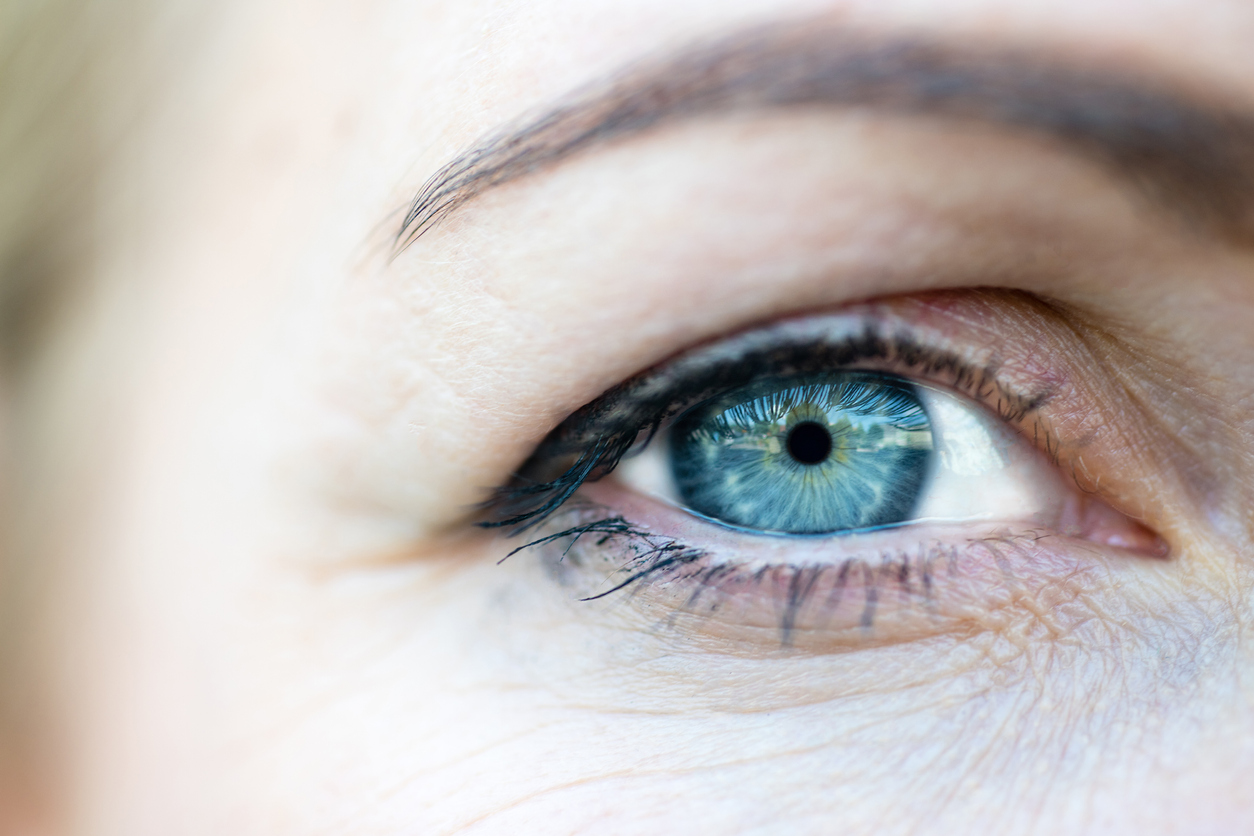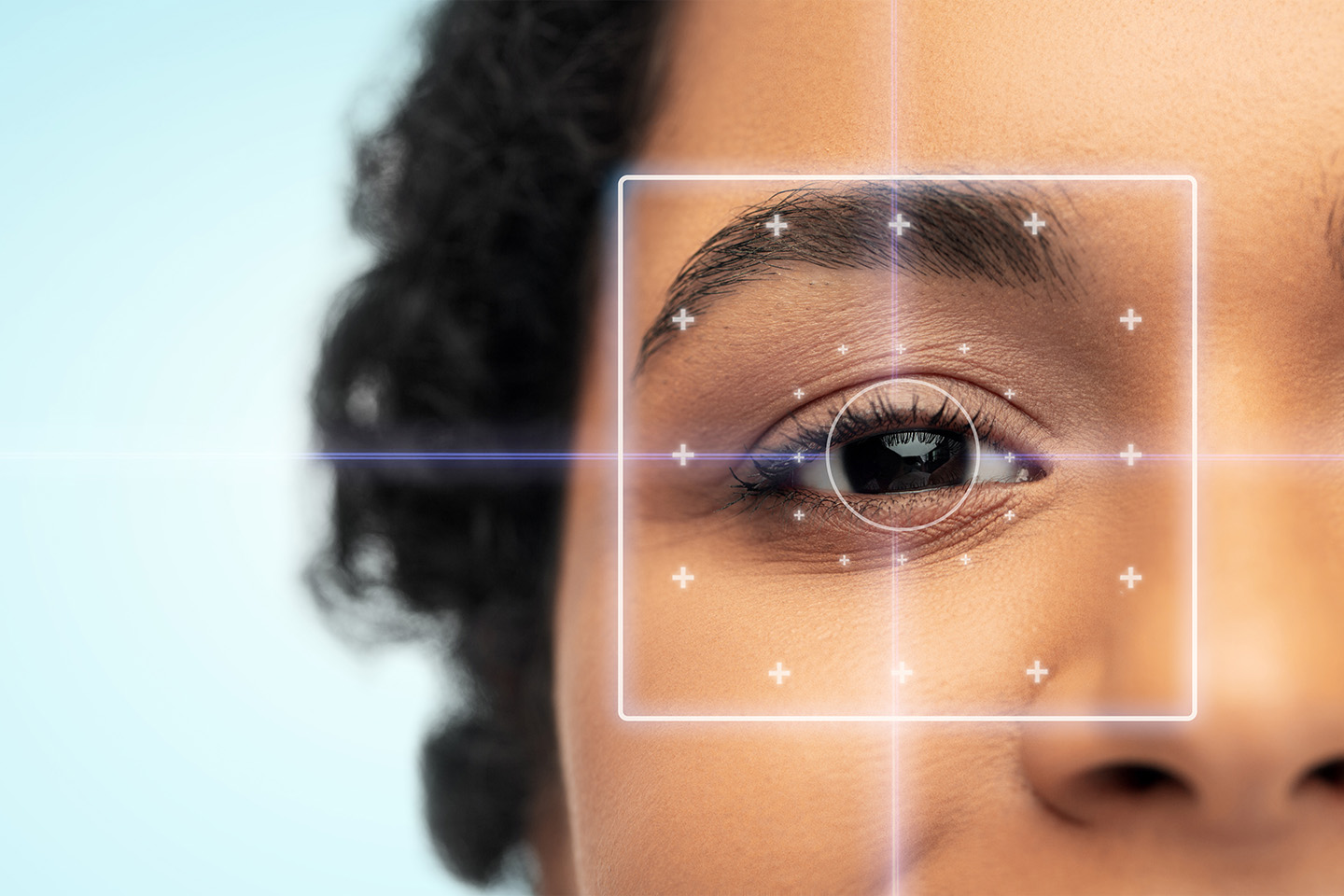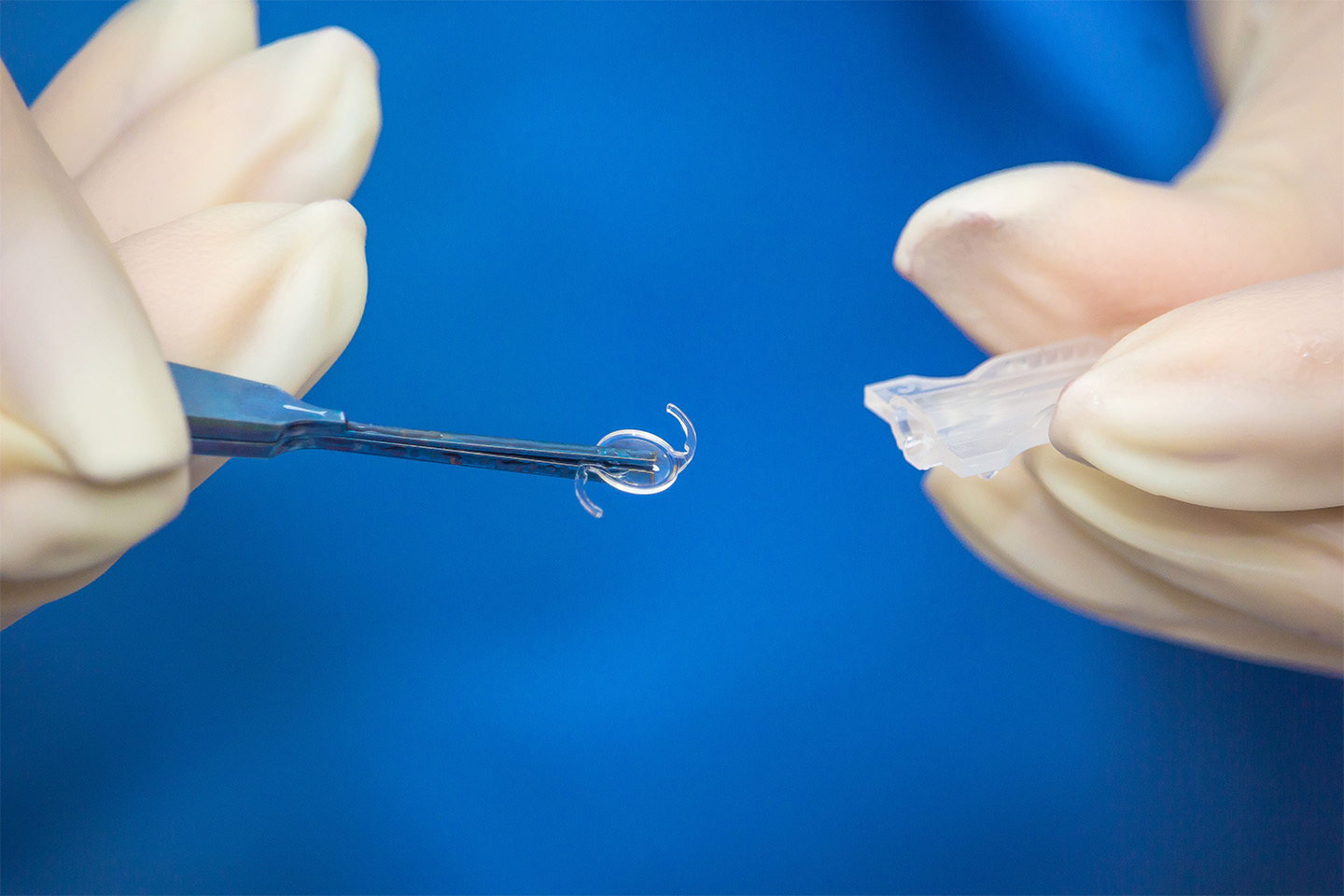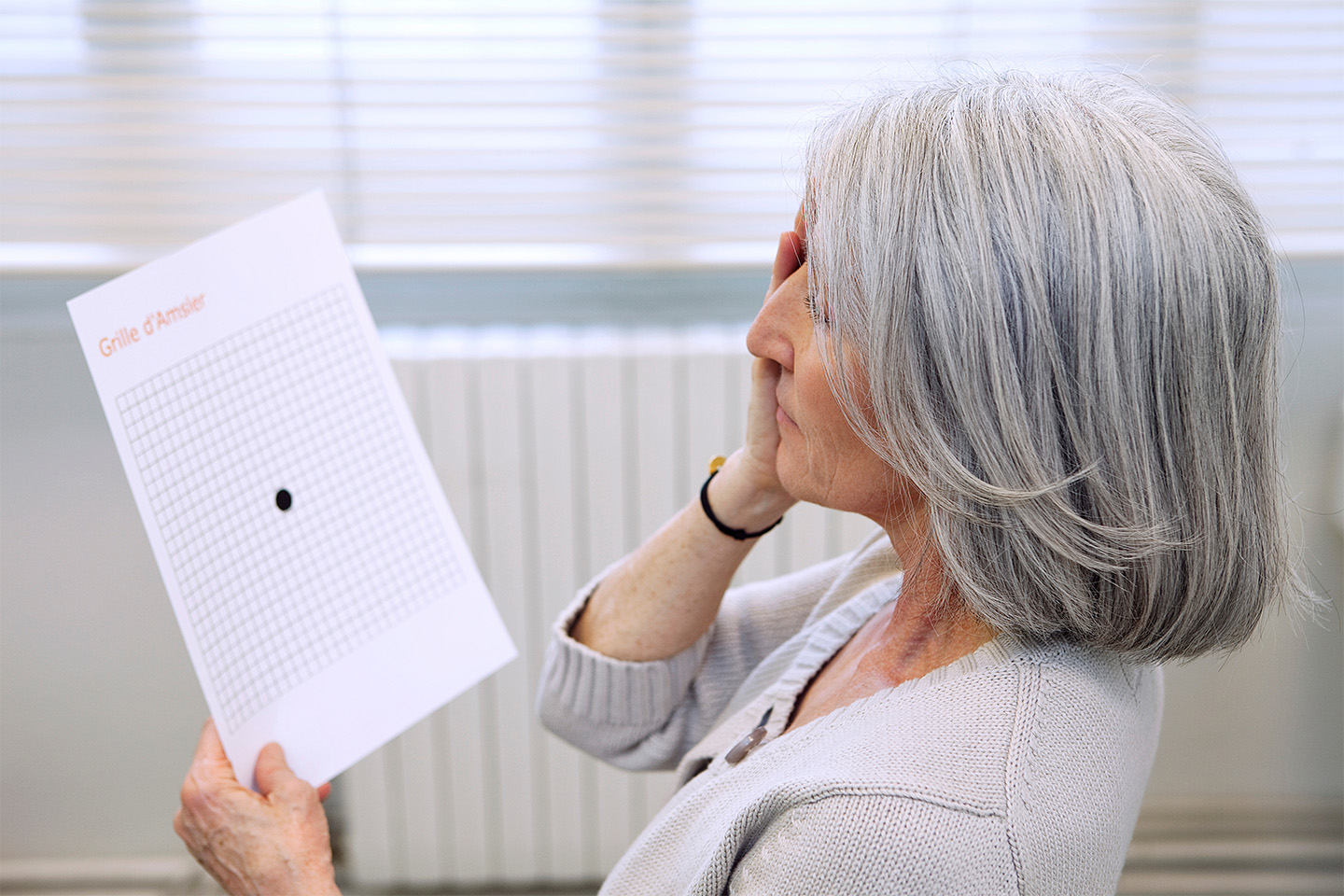Corneal Abrasion Symptoms and How to Treat Them

As long as they are diagnosed and treated promptly, corneal abrasions typically heal quickly and cause little long-term damage.
The cornea is the clear, domed surface of the eye that helps focus light. A corneal abrasion refers to a scratch or scrape on the cornea, which can easily blur your vision and typically requires medical attention. Corneal abrasions can cause extreme discomfort and pain, but when diagnosed and treated promptly, they can fully heal within a couple of days to a week.
When left untreated, however, corneal abrasions can make your eyes more vulnerable to infection and corneal ulcers. If you think you may have a corneal abrasion, it’s important to schedule an appointment with an eye doctor right away.
What Causes a Corneal Abrasion?
One of the reasons corneal abrasions are so common is that they can be caused by any number of things. Nearly any object that makes contact with the surface of your eye can cause a corneal abrasion.
For instance, dust, dirt, and other small particles can enter your eyes and cause scratches, especially if you rub your eyes in an attempt to remove them. Dry eyes can also increase your chances of abrasions. In more serious cases, you may experience a corneal abrasion as a result of being hit in the eye by large or sharp objects like sports equipment, debris from outdoor work, or everyday household items like pencils and staples.
As such, it’s important to wear protective gear when performing any activity that might involve objects flying toward your eyes, including woodworking, mowing the lawn, and playing sports. Other activities during which you should exercise caution include the application of eye makeup and the insertion of contact lenses.
What Are the Main Symptoms of a Corneal Abrasion?
Corneas have hundreds of times more pain receptors than skin, meaning they are incredibly sensitive. Even a tiny corneal abrasion can cause a great deal of pain, as well as eye redness, excessive tearing, headaches, blurry vision, and hypersensitivity to light.
If you are experiencing any of the symptoms described above, seek advice from an ophthalmologist. They will use a dye called fluorescein to highlight any cuts or scratches on your cornea. Once diagnosed, there are several easy steps that can be taken to help your eye heal.
How Can I Treat a Corneal Abrasion?
To treat a minor abrasion, your eye doctor may recommend using lubricating drops that assist your eye’s natural healing process. Superficial corneal abrasions usually heal within two to three days, especially when diagnosed and treated early.
To treat more serious corneal abrasions, your eye doctor may prescribe an antibiotic ointment slightly stronger than lubricating drops, as well as steroids to prevent scarring and inflammation. Other cases may call for a special lens called a bandage contact lens, which acts as a shield over your cornea and helps relieve pain.
Regardless of severity, you should be sure to seek medical attention immediately after receiving an eye injury, or if you feel you may have a corneal abrasion. When treated right away, corneal abrasions usually heal fully and have no lasting effects.
The eye care experts at Swagel Wootton Eye Institute are ready to help you diagnose and form a treatment plan for a corneal abrasion or any other eye injury you may face. Reach out to schedule an appointment with one of our ophthalmologists today at our Mesa and Chandler locations.









